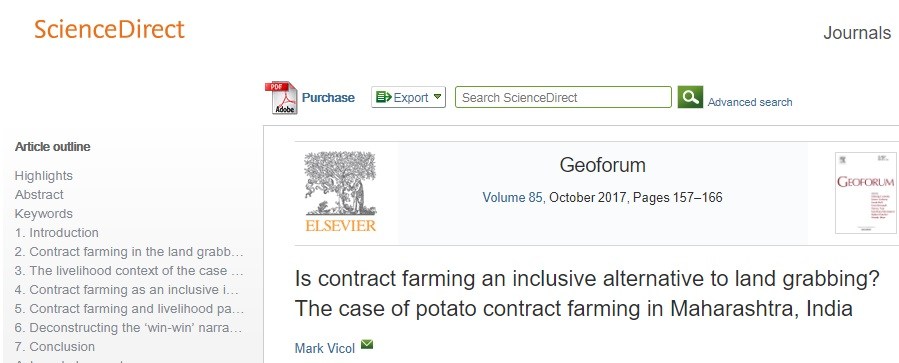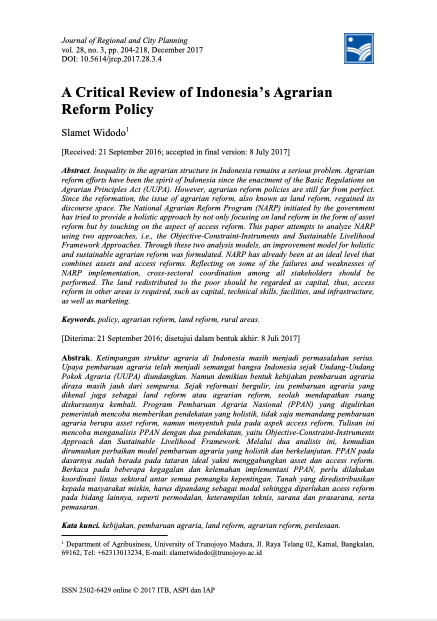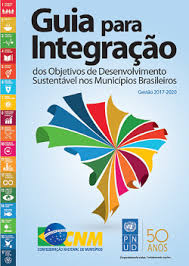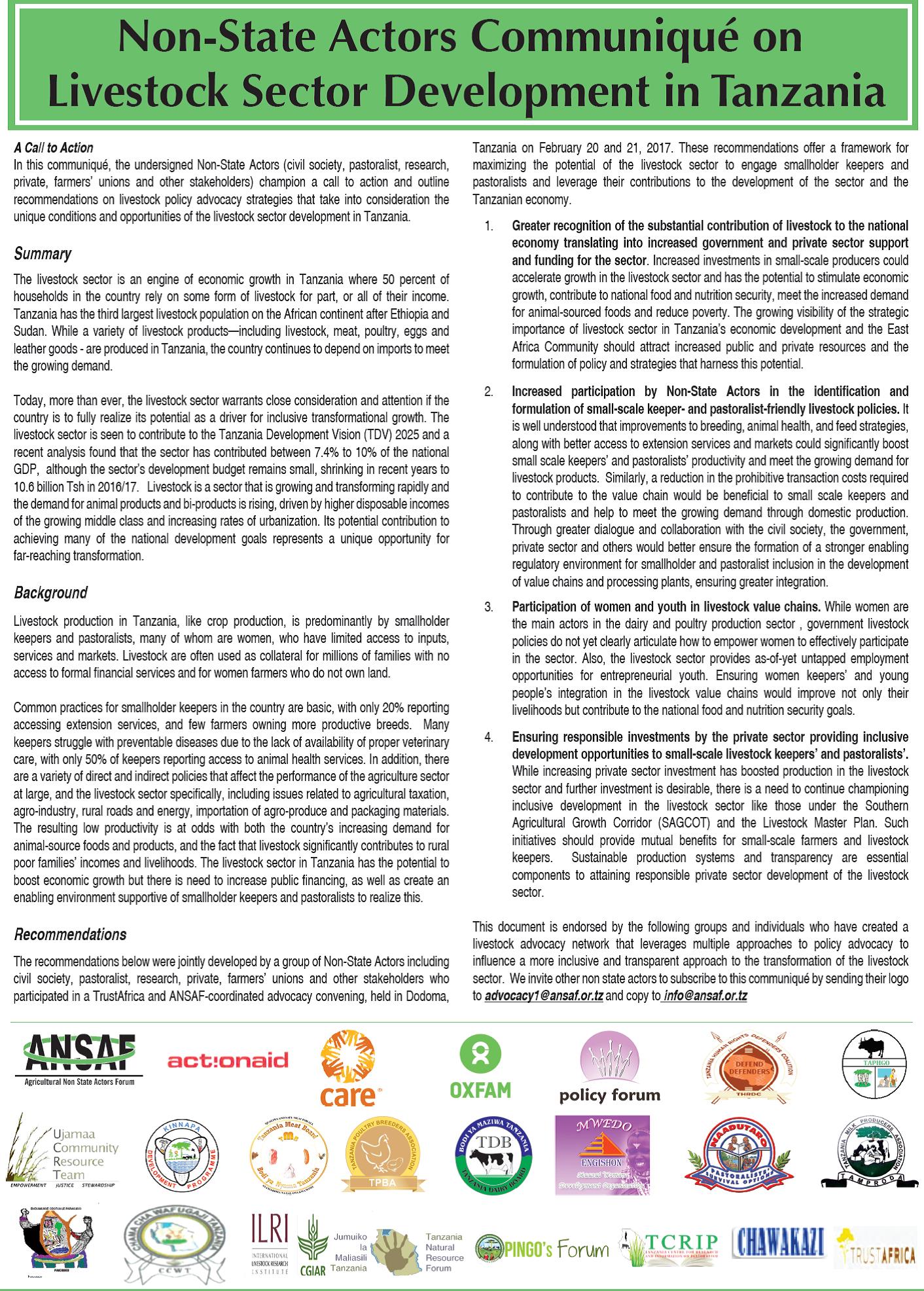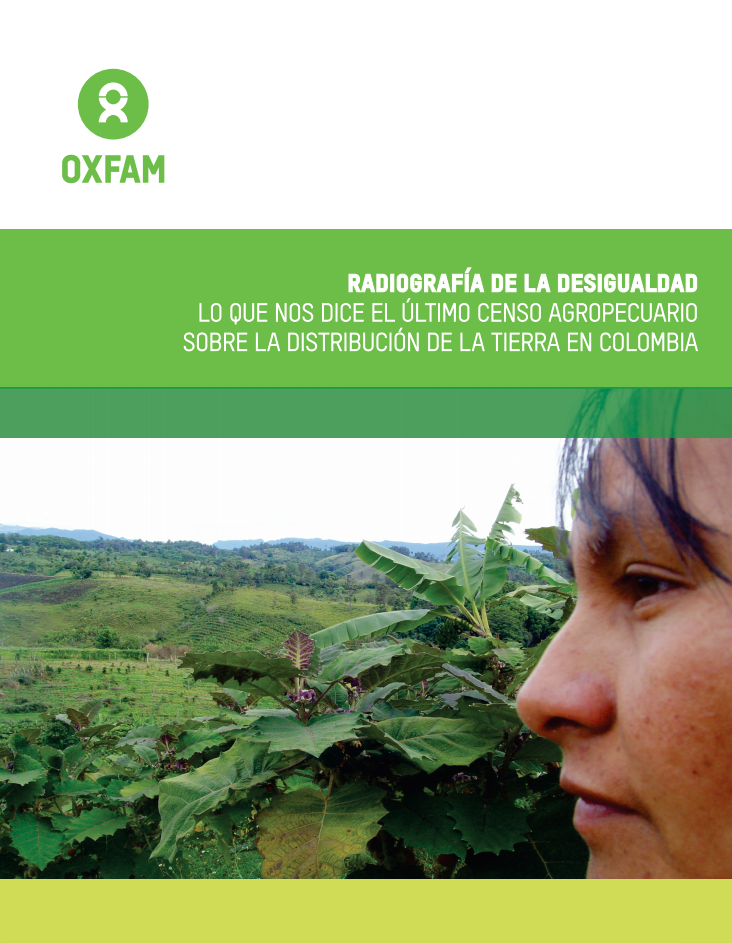This paper examines the roles of the state, international organisations and the public in pastoral land reform in the Central Asian republics and Mongolia. In recent years new legislation has been passed in most of these countries, often driven by environmental concerns. In the development of these laws, international organisations tend to promote common property regimes, whilst governments usually emphasise individual security of tenure, each using environmental arguments taken from quite different bodies of theory.


